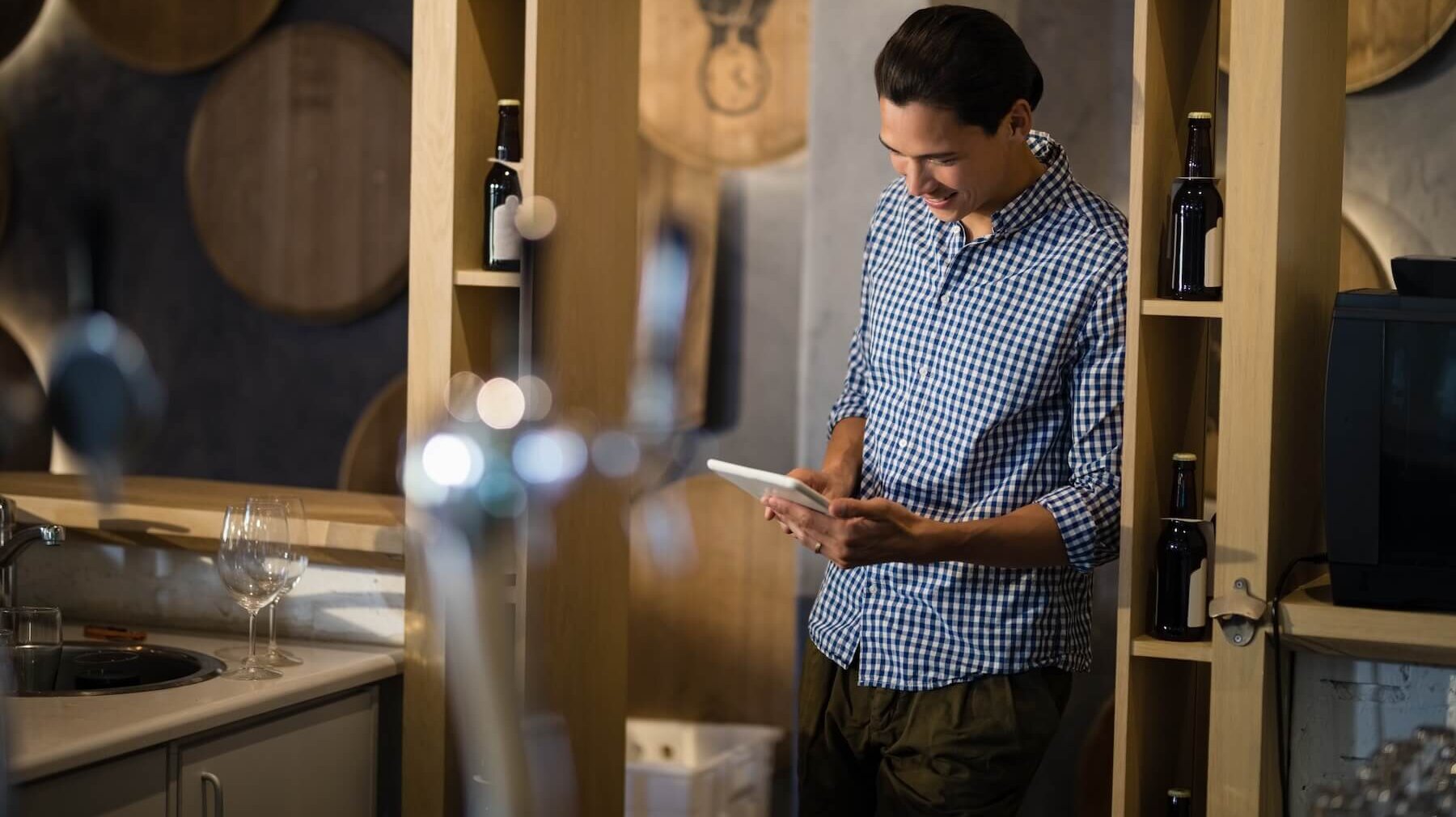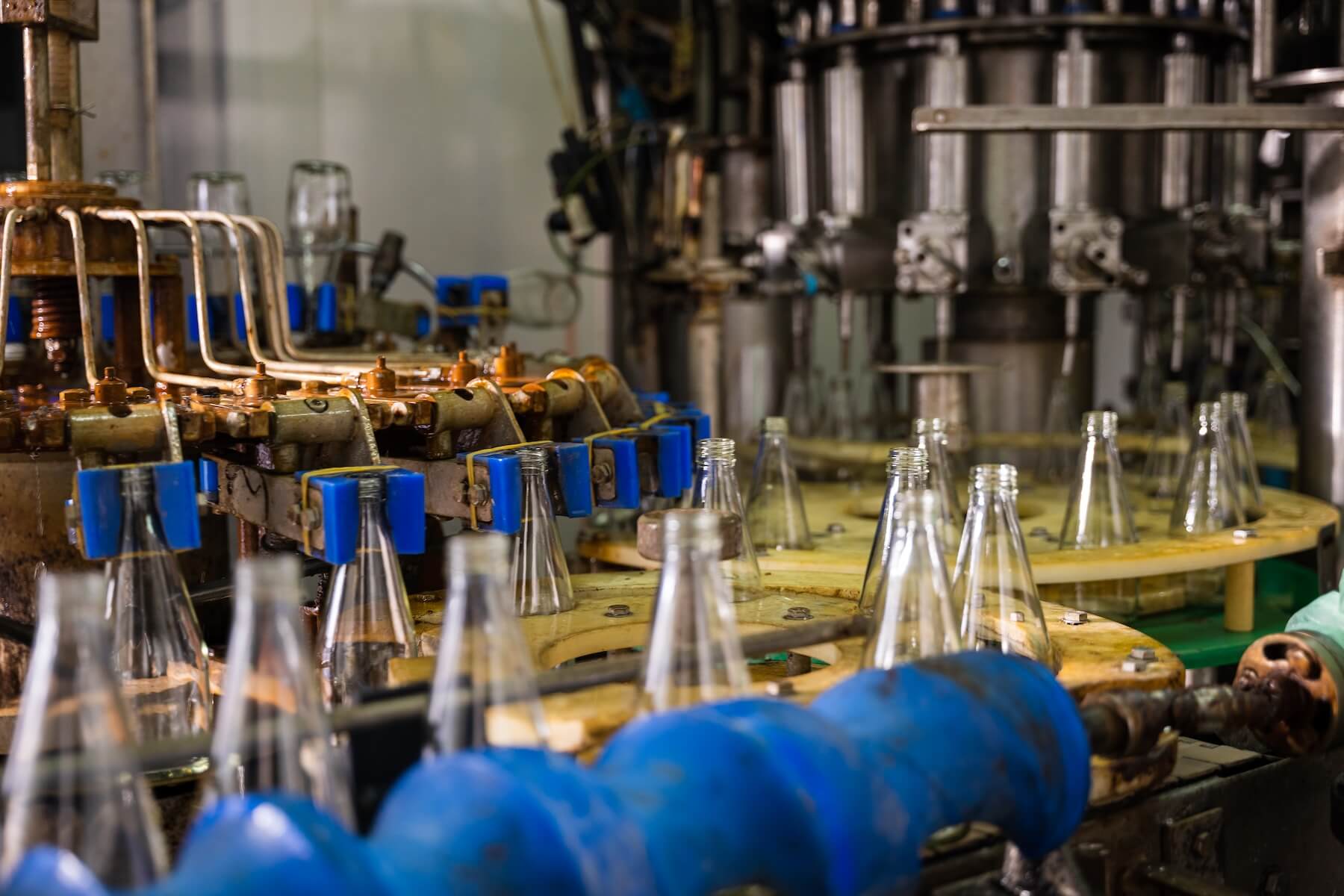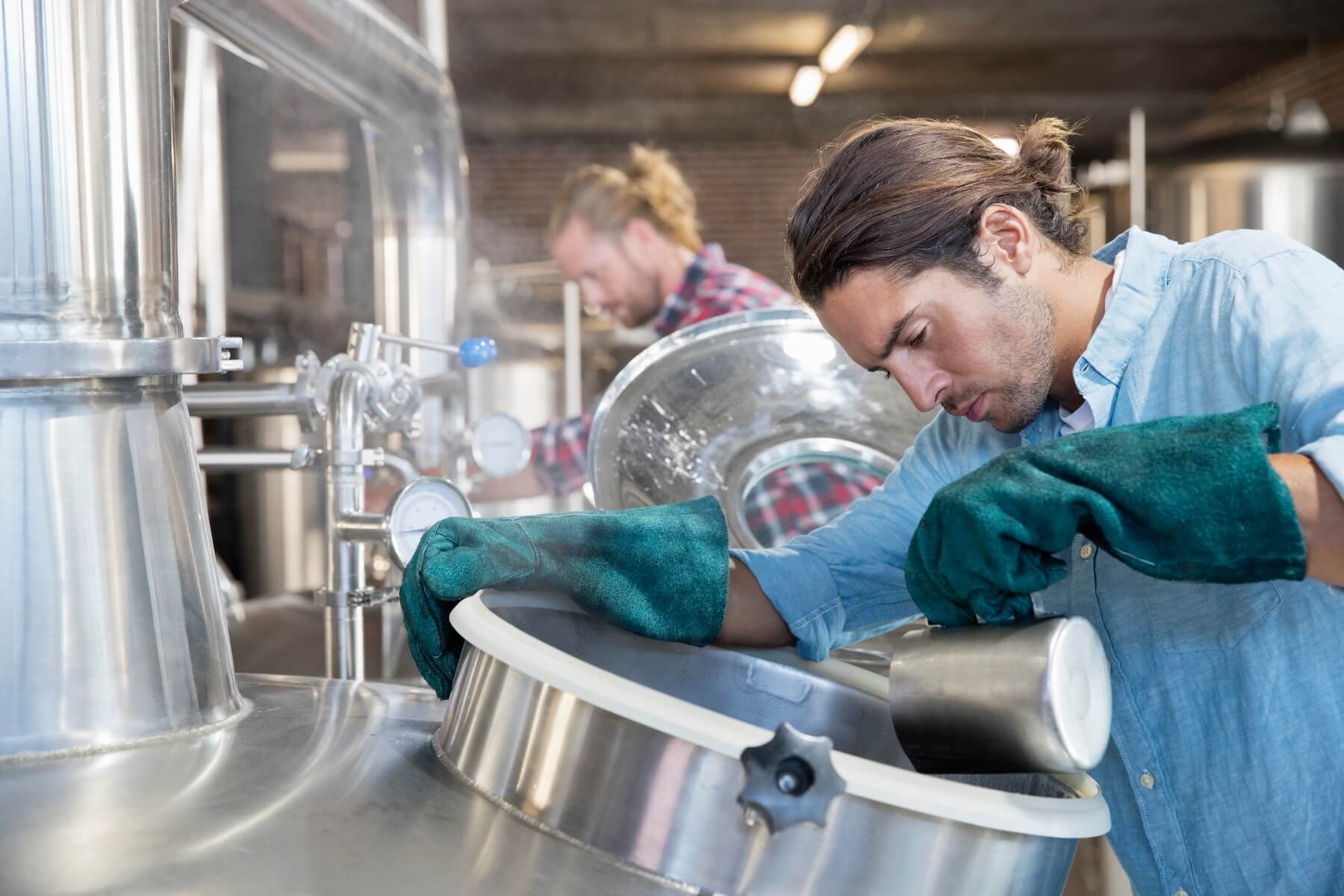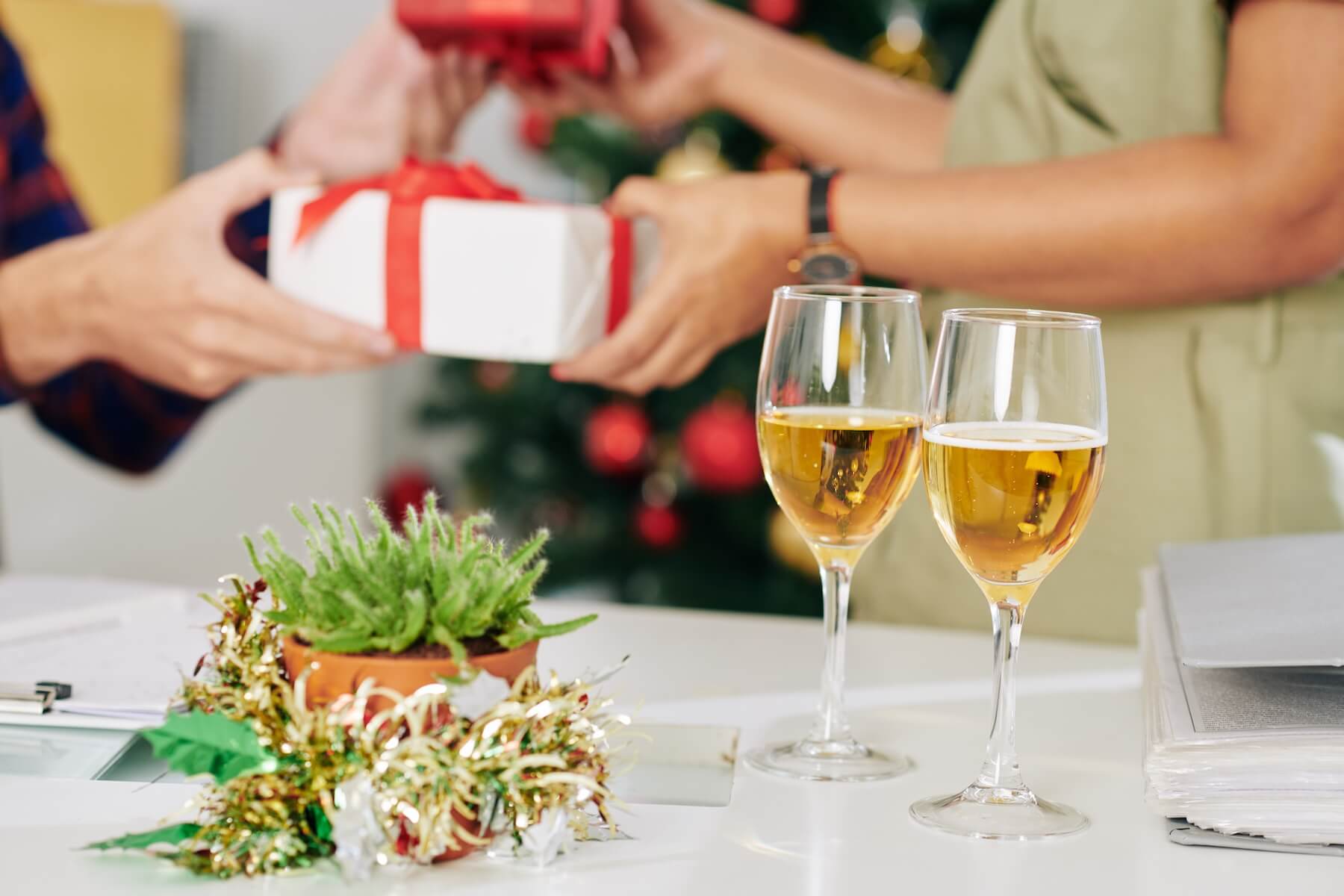If you’re still using regular glass bottles to package distilled spirits, “You so 2000 and late” to quote Black Eyed Peas. (And that is the last time we’ll quote the Black Eyed Peas.)
Ready to join the next wave? With a multitude of reasons to embrace sustainability in your packaging, there’s no better time to jump on the bandwagon and rethink the way you bottle. Sustainable packaging not only benefits your business and attracts eco-conscious consumers, but it’s also becoming increasingly necessary to stay in compliance. Regulators are tightening the rules on waste management, recycling and carbon emissions – whether you want to change or not. Sustainable packaging isn’t the future – it’s the now.
Why Should Distilleries Adopt Sustainable Packaging?
Distilleries face a significant challenge when it comes to crafting sustainable packaging for their spirits. Packaging carries a substantial environmental footprint, from the materials and energy used in its creation to the waste and emissions it generates when it’s done. In 2020, a staggering 40 billion single-use glass spirit bottles were produced worldwide, contributing to 22 million tons of carbon emissions, according to EcoSPIRITS.
But sustainable packaging isn’t just about being eco-friendly; it’s a multi-faceted gem. Keep scrolling for the top four reasons why distilleries should be jumping on the sustainable packaging bandwagon.
1. Legal Considerations
Sustainable packaging is your distillery’s golden ticket to complying with current and future regulations. Take California, for instance, where Governor Gavin Newsom set a remarkable precedent by signing stringent restrictions on single-use plastics and packaging into law. By 2032, single-use packaging must be recyclable or compostable, with a 25% reduction in plastic packaging sales and 65% of all single-use plastic packaging destined for recycling. Plus, there’s a crackdown on recyclability claims – it’s serious business and teeth are attached to it.
Distilleries, take heed! If you’re using non-recyclable plastics in your packaging or exporting mixed plastic waste, it’s time to consider greener alternatives to stay on the right side of the law.
California isn’t an island in the quest for sustainability. Countries worldwide, from Italy to Australia to India, are adopting similar measures to curb plastic pollution and reduce packaging waste. France, in particular, is on a mission to recycle 100% of plastics by 2025 and bid farewell to single-use plastics by 2040. Businesses selling to French consumers must have their packaging registered with a French recycling scheme.
Embrace sustainable packaging not only to avoid fines but also to display your social responsibility and industry leadership proudly.
2. Environmental Considerations
Sustainable packaging isn’t just a legal necessity; it’s a planet protector. It can help your distillery slash its carbon footprint and reduce waste generated during the production and enjoyment of your spirits. And there are plenty of future-minded distilleries taking note. Consider the French company Avallen Spirits, for instance, which employs recycled glass bottles and waste-apple-pulp labels, eliminating an impressive 2.73 kilograms of CO2 per bottle.
Distillery 98 in Florida is also on board, using paper bottles made from 94% recycled paperboard and printed with natural inks, saving water and energy while packing a punch of eco-friendliness.
3. Financial Considerations
In the business world, sustainability is good for the planet and your bottom line. Sustainable packaging can trim shipping costs and reduce the materials needed, which means more profits. With its lightweight bottle, Avallen Calvados is a prime example – it weighs in at just 540 grams, much lighter than the industry’s average 900-gram premium spirit bottle. That translates to lower transportation costs and emissions.
Moreover, eco-conscious consumers are willing to pay a premium for sustainable products. By embracing sustainable packaging, you can attract these environmentally savvy customers, boost brand loyalty and genuinely enhance your reputation with zero greenwashing.
4. Consumer Considerations
As consumer’ preferences evolve, aligning your distillery with industry trends is a savvy move. Sustainable spirits packaging caters to eco-packaging desires and taps into the growing popularity of craft spirits, local sourcing and transparency. Today’s consumers crave authenticity, quality, innovation and eco-consciousness in their purchases.
Sustainable packaging sets you apart, creating a unique brand identity that resonates with a diverse audience. So, why wait? Embrace sustainability and ride the wave of changing consumer expectations!
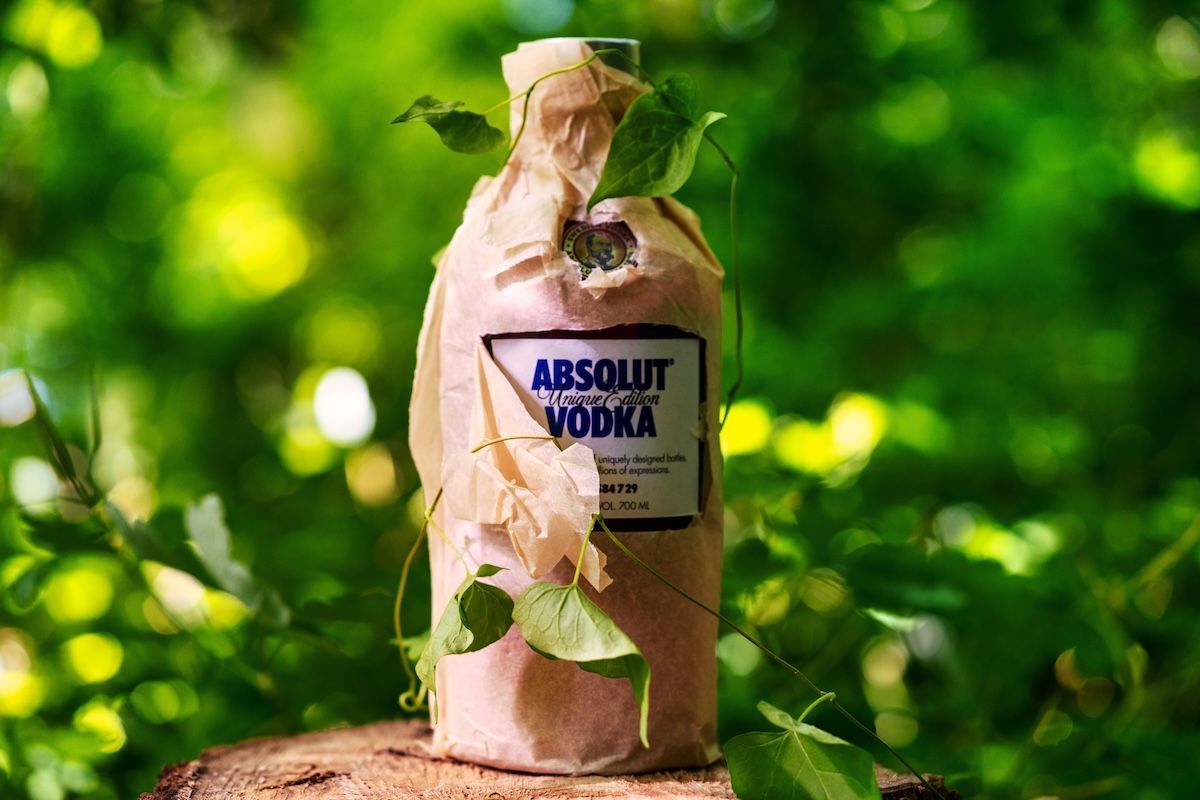
Sustainable Bottle Packaging Trends
Evaluating the cost-benefit of sustainable spirits packaging can make the average person’s head hurt! But there is hope. Spirits producers are innovating packaging with new materials, designs and formats to adhere to new legislation, reduce packaging footprint, decrease shipping costs and appeal to eco-conscious consumers.
Here are some of the latest trends in sustainable spirits packaging you should know:
Paper Bottles
Paper bottles might sound like an oxymoron, but they’re a promising alternative to traditional glass. Crafted from sustainably sourced wood fiber, these bottles are renewable, biodegradable and recyclable. They also weigh less than their glass counterparts, slashing transportation costs and emissions. Absolut Vodka is one of the trailblazers, launching its first paper bottle prototype in 2020. Made from 57% paper and 43% recycled plastic, this innovation prevents leakage and offers full recyclability.
Cardboard Boxes
Not just for wine anymore, cardboard boxes are another eco-friendly contender. Created from renewable and recyclable materials, cardboard boxes share the advantages of paper bottles when it comes to weight and transport efficiency. New York-based Black Box Whiskey, for instance, claims its cardboard packaging uses a whopping 80% less energy and 85% less water than glass bottles. Plus, it offers consumer convenience with a built-in spout and tamper-evident seal.
Thinner Glass
For those who can’t part with glass entirely, there’s hope. Thinner glass bottles use fewer raw materials and energy while reducing packaging weight and volume. Diageo, the spirits industry giant and member of the Crafted Community, has been leading the way by slimming down its glass bottles since 2007, saving over 90,000 tons of glass annually. Iconic brands like Johnnie Walker, Smirnoff, Tanqueray and Baileys have embraced thinner glass bottles while maintaining their signature quality and appearance.
Distillery sustainability through alternative packaging isn’t a fly-by-night trend; it’s a reframing for distilleries. It’s time to “think outside the bottle” for legal compliance, environmental stewardship, financial gains and connecting with consumers’ ever-evolving desires.
What’s Next?
These are just some examples of how spirits producers embrace more sustainable packaging solutions. Many more innovations are on the horizon, such as edible or compostable packaging materials, refillable or reusable containers or digital labels that can provide information without using ink or paper.
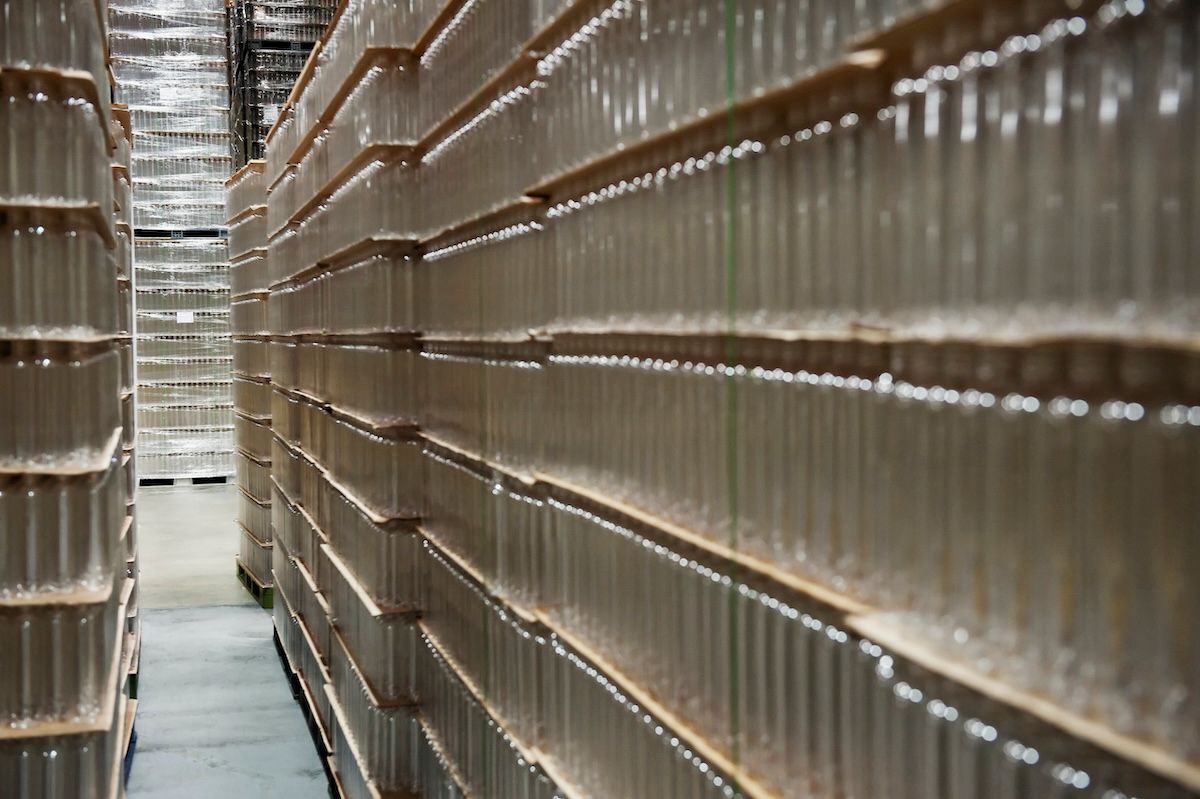
Kickstart Distillery Sustainability Efforts
You can’t manage what you don’t measure, nor can you publicize and promote what you don’t measure. And you can’t gain any third-party sustainability certification with what you don’t measure. All of which are critical to your organization’s success over the long term.
Doozy Solutions, the creators of Crafted ERP software for distilleries, now includes a proprietary sustainability tracking module within its distillery solution. The module is an easy-to-use, highly customizable framework to help organizations track and monitor the success and impact of their sustainability efforts.
If it’s time to get started on your distillery sustainability ideas, efforts and challenges, contact us! Together, we can do great things for our future.
